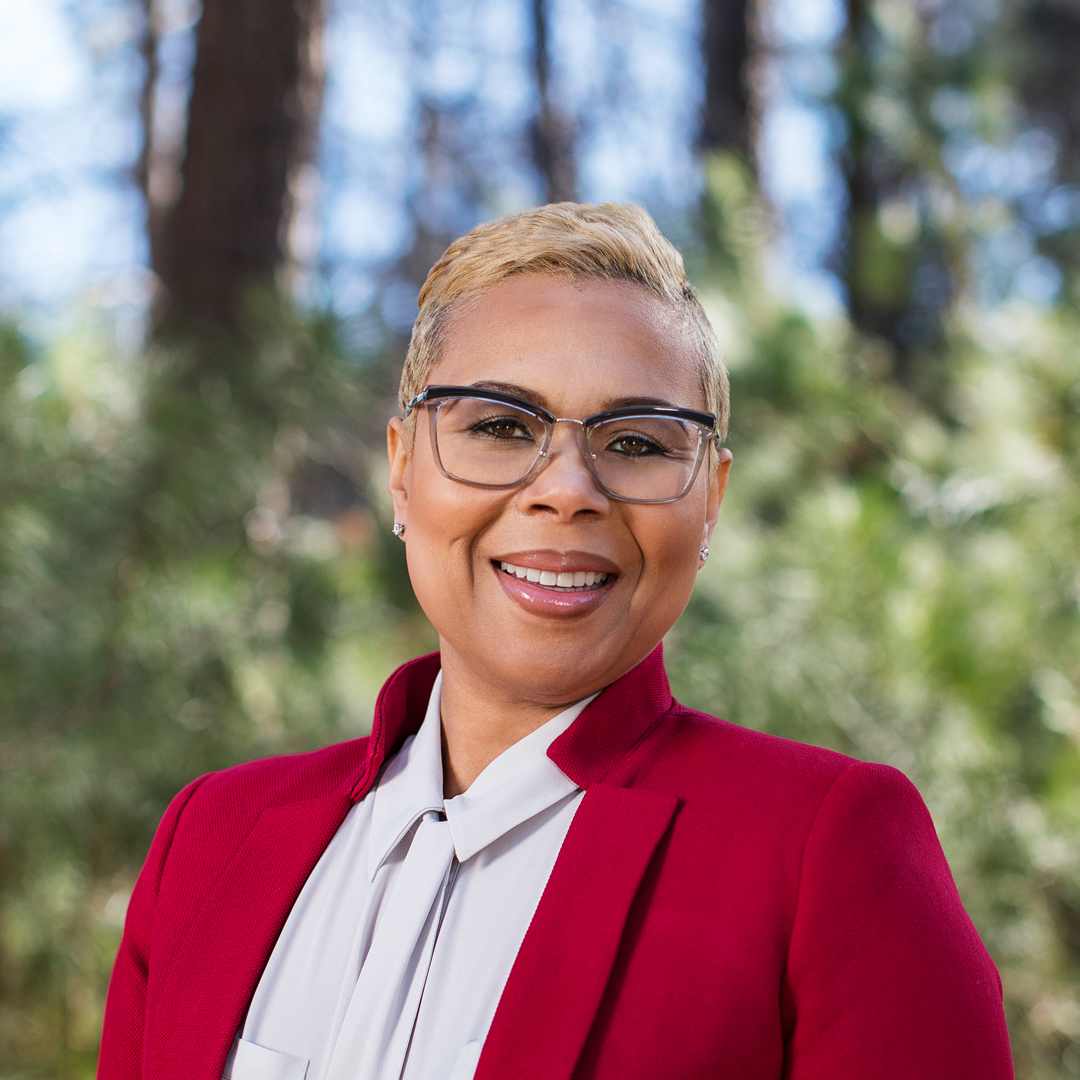Though his role as Global Controller and Chief Accounting Officer for massive global professional services firm Aon might suggest a single-minded focus on numbers, Mike Neller understood from an early age the importance of putting people first. His parents were teachers who always stressed curiosity and empathy. “They raised my brother and me to always be ethical, direct, and kind to everyone, regardless of status,” he says.

Upon graduating from Trinity University with a degree in accounting and finance, Neller began his quest to find a role that could fuse his myriad passions. In his seven years at Aon, Neller has found the perfect outlet for his business acumen, math skills, and people-first nature.
Before finding his way to Aon, Neller put in time at Arthur Andersen and then established many of his strengths at KPMG. There, he focused on client service and delivery, putting his people skills into practice. “Mike cut his teeth at KPMG and made a profound impact on the professionals that he worked with,” says Tim Buikema, partner in KPMG Chicago’s audit practice. “Mike creates a work environment that is both supportive and developmental for his people, and he’s brought that same perspective to Aon. He makes you feel comfortable talking with him, whether it’s about specific business issues or the general business environment, and he enables you to think differently about how you are making a difference in business and in the organizations and communities that matter to you.”
Neller spent his final two years in the firm’s national office, partnering with engagement teams to find solutions for complex financial reporting problems. “When I was just beginning my career, I thought I really wanted to be a ‘finance guy,’ not an accountant, even though I didn’t know what that meant at the time. But I quickly realized that I enjoyed solving problems and helping other people, which my career path has allowed me to do,” he says.
Neller found that the right role would need to fulfill three key criteria: he’d need to always be learning, to add value to his team and organization, and, most important, to have fun. The industry and other specifics of the role could change, but those three values were nonnegotiable. Even working as a busboy at a wine bar at 14 years old, Neller saw that the harder he worked, the less stress everyone else felt, the more successful the restaurant could be, and the better he felt about his work. “Even though I’m not busing tables, I still feel that my job is to serve others: specifically our shareholders and my colleagues, regardless of title or position,” Neller says.
Another important lesson learned at an earlier age was that leadership has nothing to do with a title or position in a company. “Real leaders start leading long before they’ve got people reporting to them,” Neller says. And then once a more senior position is reached, a good leader will continue to see their role as one of service and support. “People are always going to learn more and be more fulfilled in their lives and in their roles if you’re allowing them to figure out their own path,” he adds. “My job is really to keep people learning, developing, engaged, and motivated.”
And his colleagues are taking note. Akshay Arora, client partner for insurance at Genpact, puts it this way: “Mike is a well-rounded leader with broader sense of ecosystem partnership, knowledge of how to bring in the mechanics of team of teams, creating a virtual ecosystem to support the business and partner in the growth and strategy of the business.”
Neller first joined Aon as vice president and head of technical accounting and policy in 2011 but was promoted to his current role in February 2018. Even early in his tenure, he found that the company’s culture and mission fit perfectly with his three criteria. Additionally, he noted that Aon had recruited a vast spectrum of excellent talent over the years. That diversity, he adds, is essential to the success of a good leader and a good organization. To make the right decision, leadership needs to see every side of the story—but that’s not possible with a single viewpoint. By building a team with a variety of strengths, talents, and perspectives, Aon had assembled the perfect platform to help Neller and the controllership team be successful in helping the company reach its goals while protecting the company from undue risk.
“We need to focus on solving problems, first and foremost. We have to stay within the rules and make sure everyone else is doing the same,” Neller explains. As with most accounting departments, acting as a collaborative business partner and balancing that rule set with other departments eager to move quickly and grow can be a challenge.
A former soccer player, Neller relies on the sport for analogies that explain the best way forward on that path. “On one hand, our job is to be the referee: we have to hold the line and ensure the rules are followed,” he explains. “But then sometimes we also need to be the coach.”
In other words, the department needs to be proactive in its work with other departments and business partners, training them to understand the rules of the game and work collaboratively to develop creative solutions that are within the rules. And equally important, it’s critical that the team is always on the field, so they will know the players and can understand the strategy of the business and other functions and serve as global connectors.
In one of his earliest experiences at the organization, Neller went to his supervisor for advice on a colleague problem he’d been facing at work. “My former boss, Laurie Meissner, listened to me blab for a solid five minutes, and then instead of having her own solution, she wanted to help me find the best path forward,” Neller says. “I distinctly remember her stating, ‘What can you do to help this person be successful?’ It helped me realize that nothing is more important than helping others.”
In addition to providing the best results, that approach ensures that people like Neller will be able to develop and advance in their careers. “That may sound soft coming from the accounting department, but I truly am grateful to work for Aon and to have incredible former and current bosses, both of which value our shareholders, people, and our clients above anything else,” he adds.
Neller is now ensuring that he passes this same mentality down to the members of his team. All of the department’s work is done to continue to improve the position of Aon and the success of the company’s clients, so thinking critically and working entrepreneurially is essential. “That provides a support mechanism to try new things, to come up with new ideas, to continue to make our company better,” Neller says.
In turn, Neller credits his two Aon supervisors for helping develop his mindset of servant leadership and strong people-first culture. He learned firsthand the value of listening from Meissner, his first boss who retired in 2018, while he gleans myriad lessons from current CFO Christa Davies with every interaction.
“It takes time to change a company’s culture, and the longer that I’ve been here, the stronger I’ve been able to see it become,” Neller says. “Even in my very early days I knew this was a very special place, and it all started from the top, from Greg and Christa.” But just as important, he adds, is being open to learning from customers and team members. Everyone has something they can teach, and a good listener makes a good leader.
“Mike Neller exemplifies best-in-class leadership and brings Aon’s values to life,” says Johan Joseph, Aon’s lead relationship principal at Grant Thornton. “His ability to listen and put others first cultivates a strong culture of trust and collaboration. His approach is helping shape Aon’s next generation of leaders.”
Only months into his tenure at Aon, the organization decided to move its headquarters from Chicago to London. That’s a major move for any company, but one that Aon was making boldly and confidently, again relying on communication and a wide swathe of perspectives. In every stage of the move, leadership brought together a diverse, cross-functional group to brainstorm solutions to any challenges that might arise. “I loved it,” he says. “It was such an energizing process, and I knew at that time that I’d be here long-term.”
Major projects like these can be incredibly stressful, but another important responsibility of leaders is to manage stress—both for themselves and for their teams. Yet again, good preparation and enthusiastic teamwork are the basis for success. For Neller, that comes down to another set of three important factors: having the right people, finding ways of connecting them to the right opportunities, and developing a balanced execution strategy.
“We often get so focused on the execution part of our daily tasks and projects that we forget about the people side,” he says. “The people need to come first, because without them you won’t be able to determine or execute the right strategy.”
Most important to Neller is the long-term success of his colleagues and his company. On one wall in the accounting department, Neller has posted a quote from entrepreneur and author Sheryl Sandberg: “Leadership is about making others better as a result of your presence and making sure that impact lasts in your absence.” Day in and day out, walking past the quote brings a refreshed focus to his team’s work.
“It can be so easy to get caught up in less important questions: What’s my role? How do I get promoted? What comes next?” he says. “But that’s not what really matters to our company, nor to my team and my colleagues’ success. I want the ability to have an impact on others. And most of all, as Ms. Sandberg so eloquently states, an impact that will last in my absence.”
Congratulations, Mike, on this well-deserved recognition! Duff & Phelps, the leading global advisor that protects, restores, and maximizes value for clients in valuation, corporate finance, disputes/investigations, and compliance/regulatory matters, has had the privilege of working with Aon for the past decade. Mike and his colleagues exemplify the culture of teamwork!

